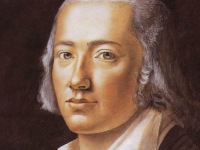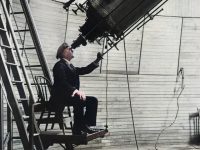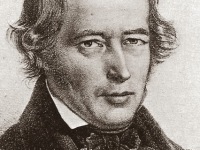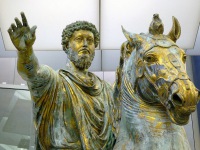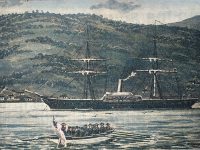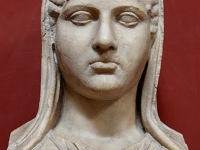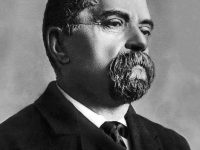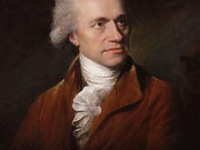Dreams, Travelling, and Humoresques – The Literary Life of Jean Paul
On March 21, 1762, German Romantic author Johann Paul Friedrich Richter was born, better known as Jean Paul. Jean Paul is best known for his humorous novels and stories. In terms of literary history, his work stands between the epochs of Classicism and Romanticism. “Memory is the only paradise out of which we cannot be driven away.” — Jean Paul’s Geist; oder Chrestomathie, Vierter Theil [4th part], Weimar/Leipzig, 1816 Youth and Education…
Read more


